Yosef, a young attractive man all alone in a foreign land, finds himself the focus of the wife of the household in her repeated attempts to seduce him.
His first response is to adamantly refuse her advances. Then he goes on to explain the moral underpinnings of his refusal, “My master has put his faith in me and doesn’t even know what I do in his house. He has entrusted me with everything he owns and he has not kept anything back from me at all except for you, for you are his wife. How could I then commit this great betrayal?”
Our sages see in the sequence of Yosef’s words that he knew innately without need of explanation that it was wrong, with this moral code taught to him from youth in his father’s house. Only after his categorical refusal does he then give the reasons why.
Many times in our lives there are actions that we know are wrong at the moment that we are confronted by the possibility of doing them. We know this by the virtue of our character and by the ethics and morals which were instilled in us. Just as when we are confronted with physical dangers we do not reason, but reflexively run for our lives, so too in our personal lives we should act by reflex when we are faced with benefiting from an illegal or immoral temptation.
The moment of confrontation is the “Golden Period” in which we can make the proper decision. If we fail to act by reflex and instead begin to deliberate on the merits or demerits of the action, our desires are likely to cloud our thinking and justify our behavior.
~Rabbi Shaul



